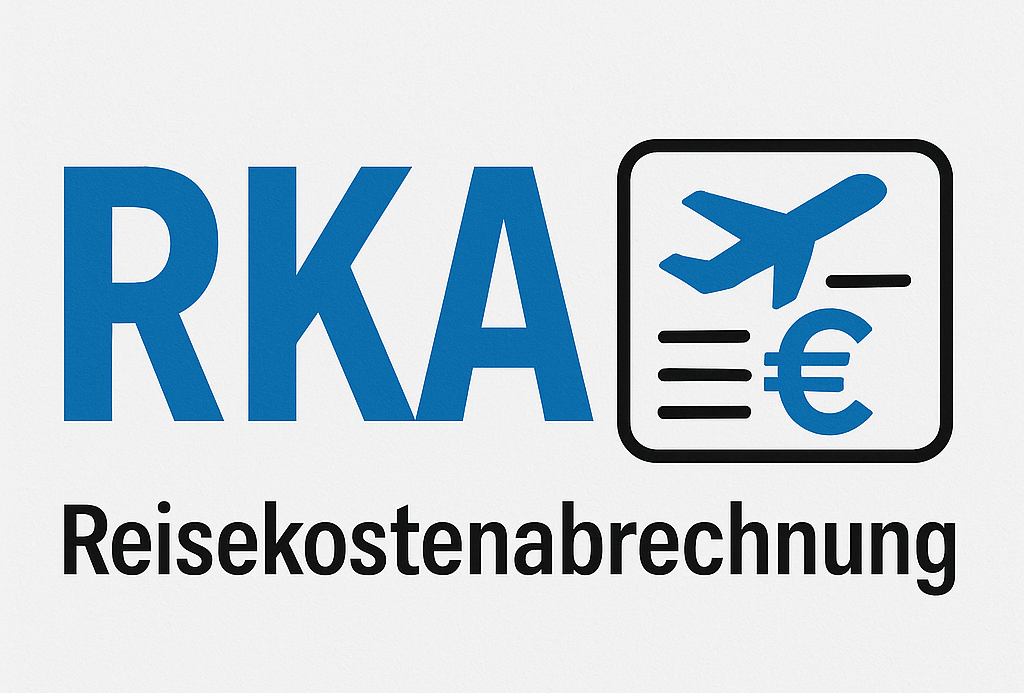Overnight costs (Übernachtungskosten) are the actual expenses an employee incurs for accommodation during a business trip. However, if the accommodation at the work location is the employee’s only residence, these costs are not considered additional expenses for tax purposes.
Regarding tax deduction as income-related expenses (Werbungskostenabzug), genuine overnight costs can be claimed as travel expenses and deducted from taxes, provided the employer has not already reimbursed them tax-free.
For reimbursements by the employer, within Germany, the employer may pay a flat rate of €20 per night without requiring receipts from the employee. For foreign stays, specific flat rates apply, determined by the Federal Ministry of Finance based on the highest overnight allowance rates of the respective countries.
These flat rates can only be reimbursed tax-free if the employee pays for the accommodation themselves and the lodging is not provided free or partially free by the employer or a third party. Tax-free flat-rate payments are not permitted for overnight stays in vehicles. For sleeper train or ship cabins, tax exemption applies only if the overnight stay started or ended in a different accommodation.
Steuerliche Behandlung von Reisekosten und Reisekostenvergütungen ab 1. Januar 2025
